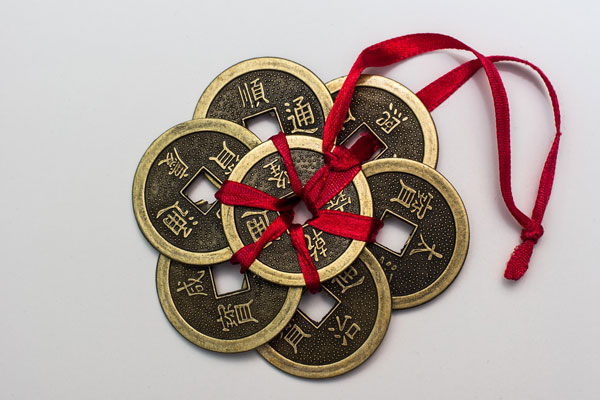Is China a Currency Manipulator?

On October 17, in its semiannual report on foreign exchange rates, the US Treasury Department failed to label China a currency manipulator, despite Donald Trump’s campaign promises to do so. Read on for an analysis of the issue and insight into why it is hard to get the label of currency manipulator to stick to China.
China used to be a currency manipulator. That was in the 1990s and 2000s when it had only an army of cheap labor as a source of competitive advantage, and when a significant proportion of its exports were labor intensive, low tech products. An artificially cheap currency allowed it to compete with its Southeast Asian neighbors and lure foreign companies to its shores. But today, more than a quarter of China’s manufactured exports are hi-tech exports (according to World Bank data). The cheap labor attraction is fading too. To accuse China of using a policy that it stopped relying on a decade ago shows ignorance of the changes the country has made since, and it smacks of patronizing behavior.
In 2017 an in-depth study on currency manipulators, by Fred Bergsten and Joseph Gagnon of the US based think-tank Peterson Institute for International Economics, showed that China stopped its currency manipulation in 2015. Even the most recent biannual report by the US Department of Treasury that details countries that manipulate their currencies to gain an unfair trade advantage fails to include China because it has not persistently intervened in the forex market to push down the RMB, nor does it have an overall current account surplus of more than 3 percent of GDP. The only criterion that China fails to meet to escape this accusation is that its trade surplus is larger than USD 20 billion, an arbitrarily set figure, which does not consider the size of the exporting economy.
There are two reasons why the RMB is weakening. First, the trade and tariff war between the US and China. As the trade war ratchetted up in June 2018, the RMB weakened sharply, and has not recovered since. Clearly markets believe that China has more to lose from this trade war than the US. Not only has the US more options of goods to tax than China, it is also able to twist the arms of other countries into sidelining China and its companies. The USMCA that replaced NAFTA is a good example of how the US was able to ensure that Chinese companies cannot create a back-door entry into the US market. There is no sign of the tension between the two countries easing in the short-term. Rather, it seems more likely the US will increase tariffs on Chinese goods to 25 percent in 2019. This only points to a further weakening of the RMB.
Second, the Federal Reserve’s continuous increasing of US interest rates will make the country’s assets more attractive and encourage greater inflow of funds into America and in the US dollar. The US is perhaps the only economy in the world that is doing (very) well at the moment, and to avoid any kind of overheating, the Fed is bound to use tight monetary policy to manage the economy, no matter what the US President tweets. The increase in demand for US assets means a greater demand for the US dollar, which will put greater downward pressure on other currencies, including the RMB.
So, if the RMB has weakened by 8 percent in the last 4 months since the trade war escalated, it has nothing much to do with China manipulating its currency, but rather the US “manipulating” its own.
We can anticipate that 6 and 7 will be important numbers in 2019. China’s GDP growth will probably be closer to 6 percent while the local currency will perhaps touch 7 RMB to one US dollar. These two numbers are obviously inversely related in the sense that a relatively lower economic growth rate would probably make the currency weaker, and vice versa, since the strength of the currency comes from the perceived vitality of the economy. Thus, a stronger currency should actually be welcomed by decision-makers, both public and private. Talk of China manipulating its currency to make it weaker is just uninformed political rhetoric.
Bala Ramasamy is Professor of Economics and Associate Dean at China Europe International Business School (CEIBS) where his research focuses on Asian economies, foreign direct investment, corporate social responsibility and international business strategy.
An edited version of this article was first carried by CGTN on October 18.













